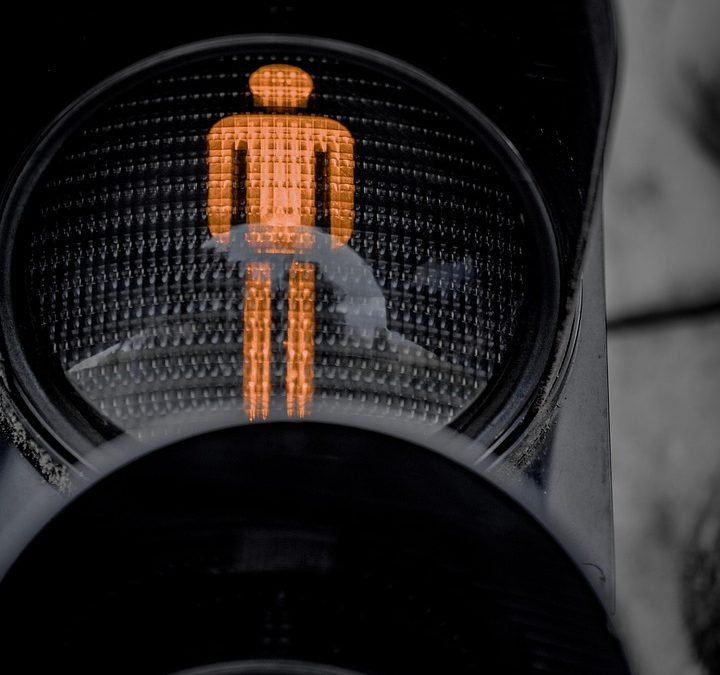When you’re pulled over for a traffic violation, it’s natural to feel anxious or unsure about what’s next. While law enforcement officers have a crucial role in maintaining public safety, it’s essential to remember that you, as a citizen, have rights that deserve respect and protection.
In this scenario, it’s crucial to understand that a traffic violation alone does not automatically grant the police the right to search your vehicle or person. This is where the concept of reasonable suspicion comes into play. According to the Fourth Amendment, police officers need probable cause or a warrant to search your vehicle or person, unless you provide voluntary consent.
Knowing Your Rights During a Traffic Stop
In the absence of probable cause or a warrant, an officer may attempt to persuade you to give consent for a search. Be aware that consent should be voluntary and cannot be coerced or intimidated into agreeing.
The Importance of De-Escalation
In any interaction with law enforcement, safety is paramount. Avoid arguing, being confrontational, or displaying aggressive behavior. Instead, focus on maintaining a calm and respectful demeanor. Remember, your goal is to assert your rights while also de-escalating any potential tension.
“The right to be left alone – the most comprehensive of rights and the right most valued by civilized men.” – Justice Louis D. Brandeis
Understanding the Limits of Police Authority
It’s essential to remember that police officers have limited authority when it comes to searches based on traffic violations alone. Be aware of stop-and-identify laws in your state, as these may vary. However, in general, an officer needs to have a legitimate reason to detain you beyond the initial traffic stop.
Remember, staying informed about local laws and your rights is crucial. By knowing what to expect and how to assert your rights, you can navigate these situations with confidence and safety. Stay calm, stay informed, and always prioritize de-escalation.
The information at Observed.Org may not pertain to every jurisdiction. It is YOUR responsibility to know your rights and observe them. Nothing here should be considered legal advice.

